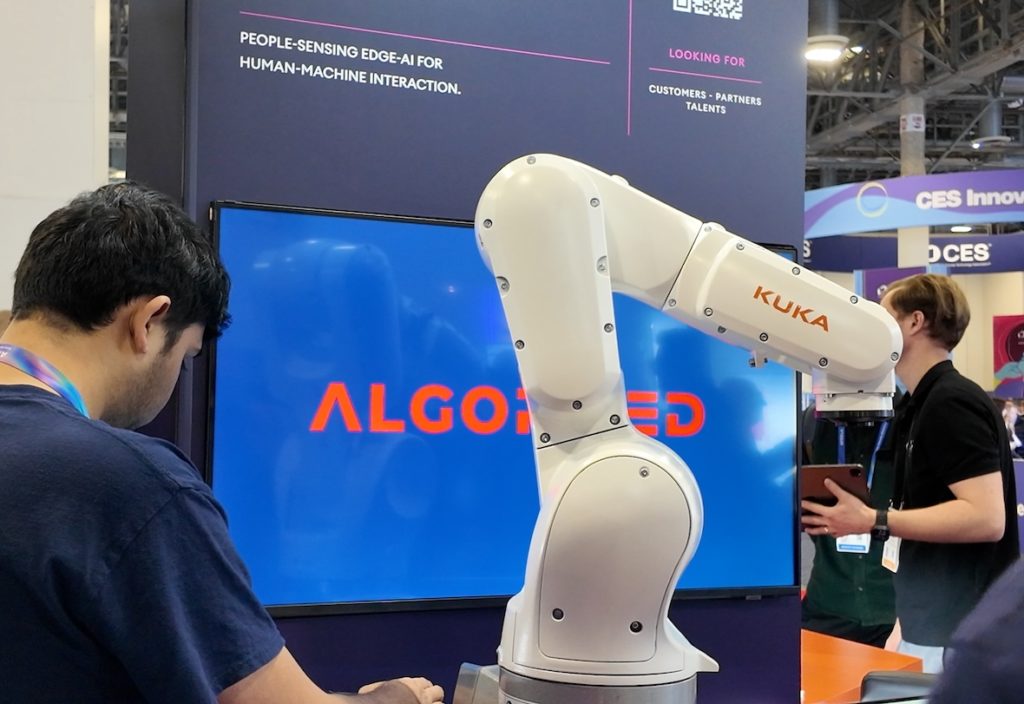
ELAINE, a Bern and Neuchâtel-based collaboration for smart wearable prenatal care
8 April 2025
 By enabling more continuous, personalized, and non-invasive prenatal monitoring, the ELAINE initiative could not only improve maternal and fetal outcomes, but also ease the burden on healthcare systems and enhance the overall quality of care.
By enabling more continuous, personalized, and non-invasive prenatal monitoring, the ELAINE initiative could not only improve maternal and fetal outcomes, but also ease the burden on healthcare systems and enhance the overall quality of care.
A collaborative project in Bern and Neuchâtel is bringing together wearable technology, AI, and clinical expertise to improve prenatal monitoring, with potential impacts across the healthcare ecosystem.
A new medical innovation project supported by the Bern MedTech Collaboration Call (BMCC) is set to redefine prenatal care through a fusion of wearable technology and artificial intelligence. Known as ELAINE, the initiative is led by CSEM in Neuchâtel in partnership with the Women’s Clinic at Inselspital, Bern’s University Hospital, and aims to offer continuous, home-based monitoring of maternal and fetal health.
Current fetal monitoring methods rely largely on cardiotocography (CTG) equipment, which can be cumbersome and often requires hospital-based operation. The ELAINE project introduces a more comfortable and scalable solution: smart textile bands equipped with dry electrodes, eliminating the need for gels and adhesives. These wearables are designed for both clinical and home use, supporting more regular and less intrusive monitoring, especially for high-risk pregnancies.
The system uses dry electrodes developed by CSEM and combines them with AI-based signal processing to extract reliable fetal ECG data. It has already been tested on 55 pregnant women with promising results and is now moving into further clinical validation stages.
The project also feeds into broader innovation efforts. The EU-funded NEWLIFE project is building on ELAINE’s foundation to develop integrated clothing and sensors capable of tracking multiple vital signs. In parallel, Swiss start-up VidaSense—supported by CSEM’s ACCELERATE program—is preparing to bring the technology to market with the goal of making prenatal monitoring more accessible and cost-effective.
Beyond its technological ambitions, ELAINE exemplifies how public-private collaboration can accelerate medical innovation. Funded through BMCC and supported by INSEL Gruppe, CSEM, and European research initiatives, the project is helping to position the Canton of Bern as an emerging hub in medical technology.

